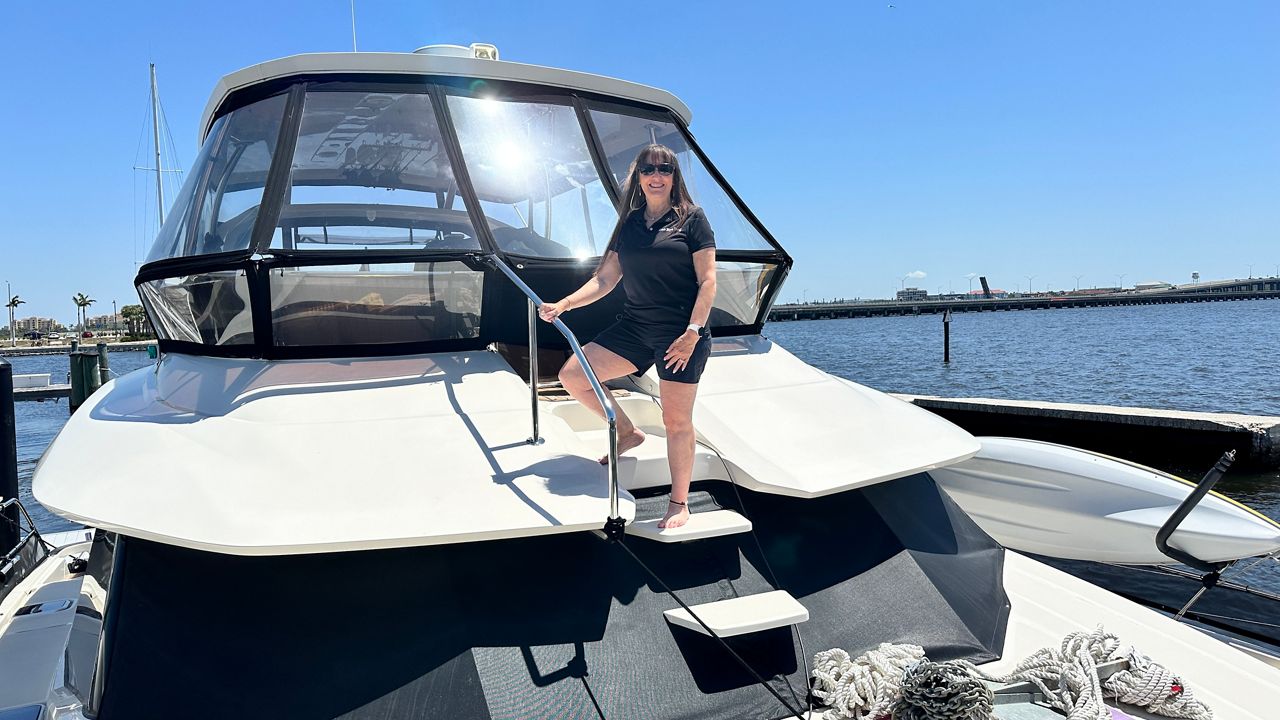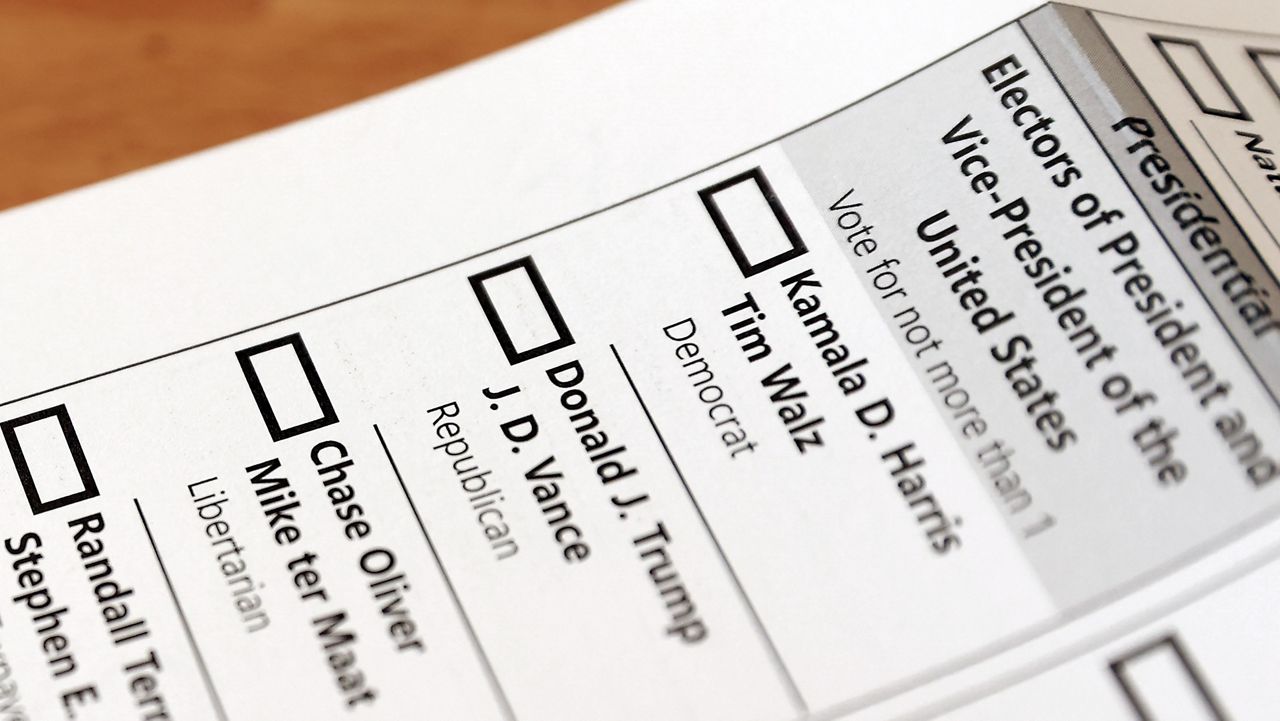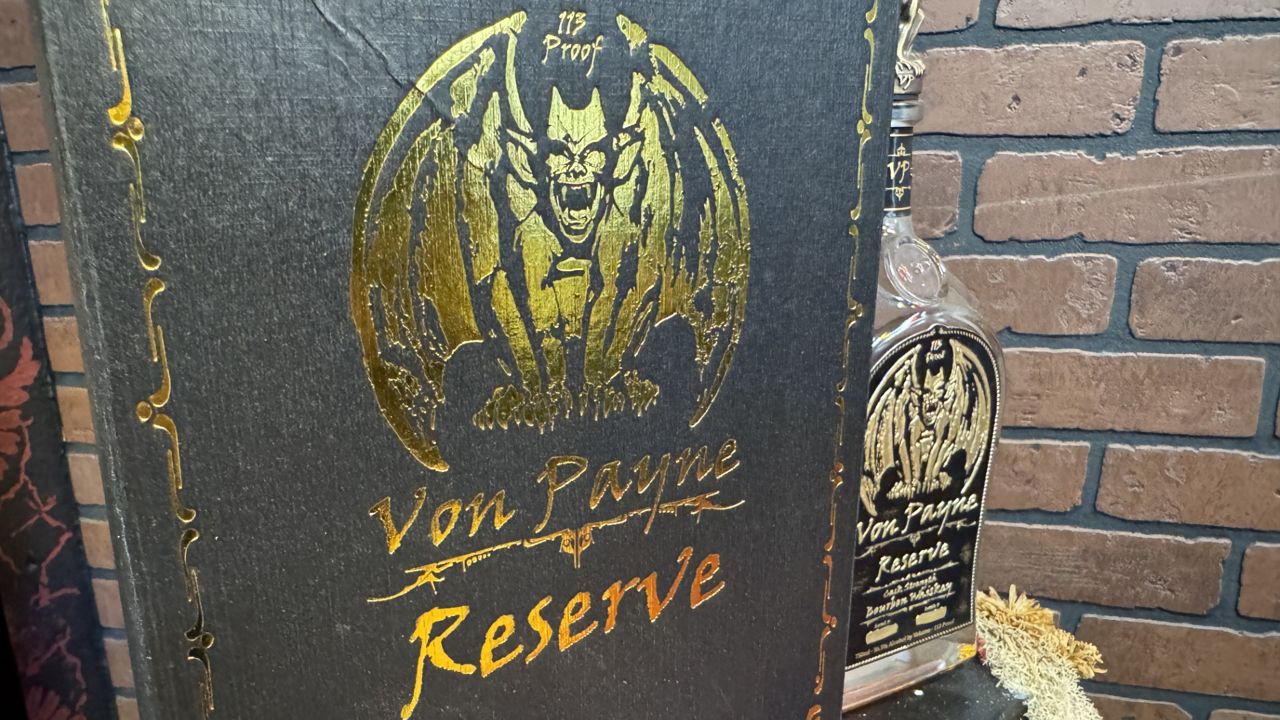TAMPA, Fla. — A controversial new noise ordinance that would ban any amplified sound after midnight in the Ybor City and Channel (or “Arena”) Districts was passed by Tampa City Council on Thursday night.
It won’t go into effect, however, for six months and could be amended after the city hosts meetings with members of the community to get their input.
What You Need To Know
- The proposed noise ordinance would affect the Arena and Ybor City areas of Tampa
- Officials with the Tampa Police Department say they received more than 12,000 calls for service due to music disturbance from January of 2019 until the end of October of 2020
- The proposal has alarmed members of the Ybor City restaurant and bar industry, who said passage of the measure would negatively affect commerce in the historic entertainment district
The measure passed 5-1, with Guido Maniscalco the only member dissenting. Luis Viera was not present for the vote.
The measure states that “it shall be unlawful for any person to permit, cause, allow, create, emit or sustain amplified sound in or from the outdoor area of any property within the City of Tampa after midnight.”
Just as concerning for Ybor City merchants is that businesses and people found to be violating the ordinance would not be given a warning before they were cited and fined (current law gives them a five-minute warning).
“Ybor does really kind of turn on at midnight,” said Frank Sierra, the general manager of Carmine’s restaurant. “It’s a late-night town Fridays (and) Saturday nights. You can find the majority of the people that are going to be visiting Ybor for the nightlife, really starting to come out at midnight."
Several other business merchants from Ybor spoke to the council and said that they shouldn’t pass the measure.
Though it was approved, the council passed a second motion calling on city staff to hold meetings with the community on several of the more contentious elements of the ordinance and come back before the council for a workshop on April 28.
“The council actually initiated this almost two years ago, to update what we believe is a tangle of rules and regulations that have become confusing and have not really kept pace with the needs of our evolving city,” said Carole Post, the City of Tampa’s administrator for development and economic opportunity.
Officials said that between Jan. 1, 2019 and Oct. 31, 2020, the Tampa Police Department received more than 12,000 calls for service due to music disturbances — TPD received an additional 548 complaints in 2021.
Tampa Police Captain Frank Owen said that despite all those complaints, TPD issued only 17 citations last year. He said that the five-minute warning “doesn’t do us any good.”
“The ultimate goal is for us to have compliance, not to issue citations,” he said.
The measure lowers the decibel level from inside an establishment measured outside from 85 decibels to 75 decibels between 1 a.m. and 3 a.m., and 65 decibels between 3 and 6 a.m.
There were several citizens from the South Howard, Channelside and Ybor areas who spoke in person and virtually to say that such a noise ordinance was necessary.
“I will continue to support local music venues, but we have to find a balance where all uses get along,” said longtime Ybor resident David Bailey. "We currently have some bad operators, or people who don’t see the priority of being kind to their neighbors. That’s where we are.”
Councilman John Dingfelder said that among the issues that city officials should discuss further with the community are the reduction of indoor decibel levels, the geographic description of what constitutes the historical Ybor District, the elimination of the five-minute warning for those violating the noise ordinance and the issue of no amplified sound after midnight.









